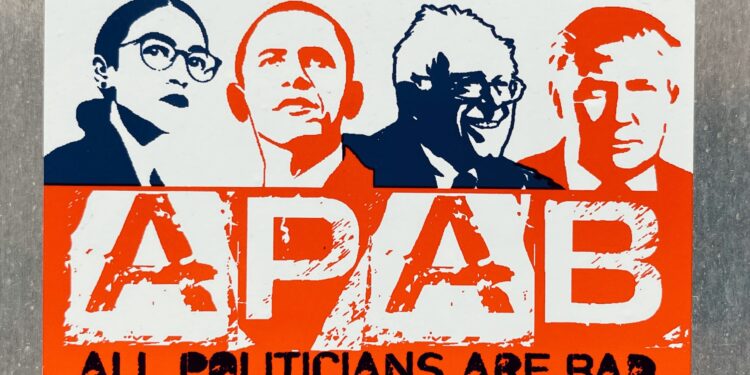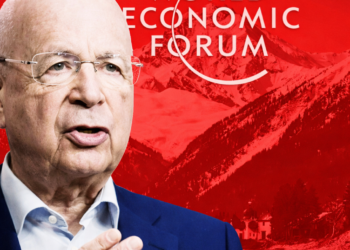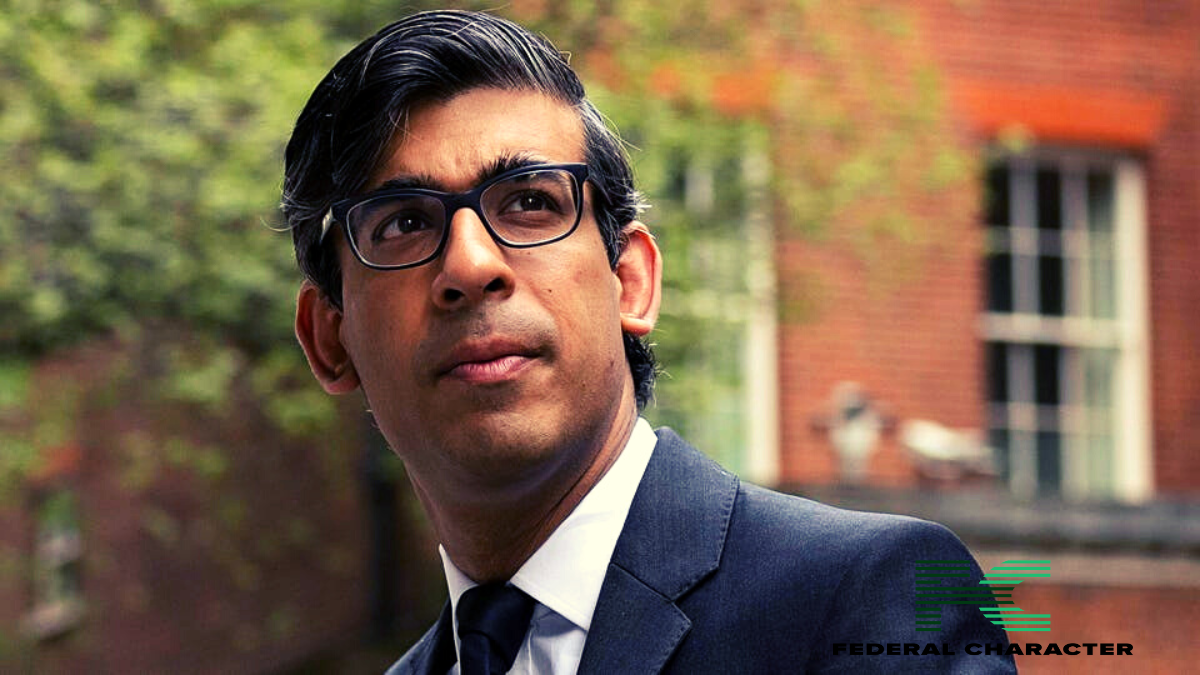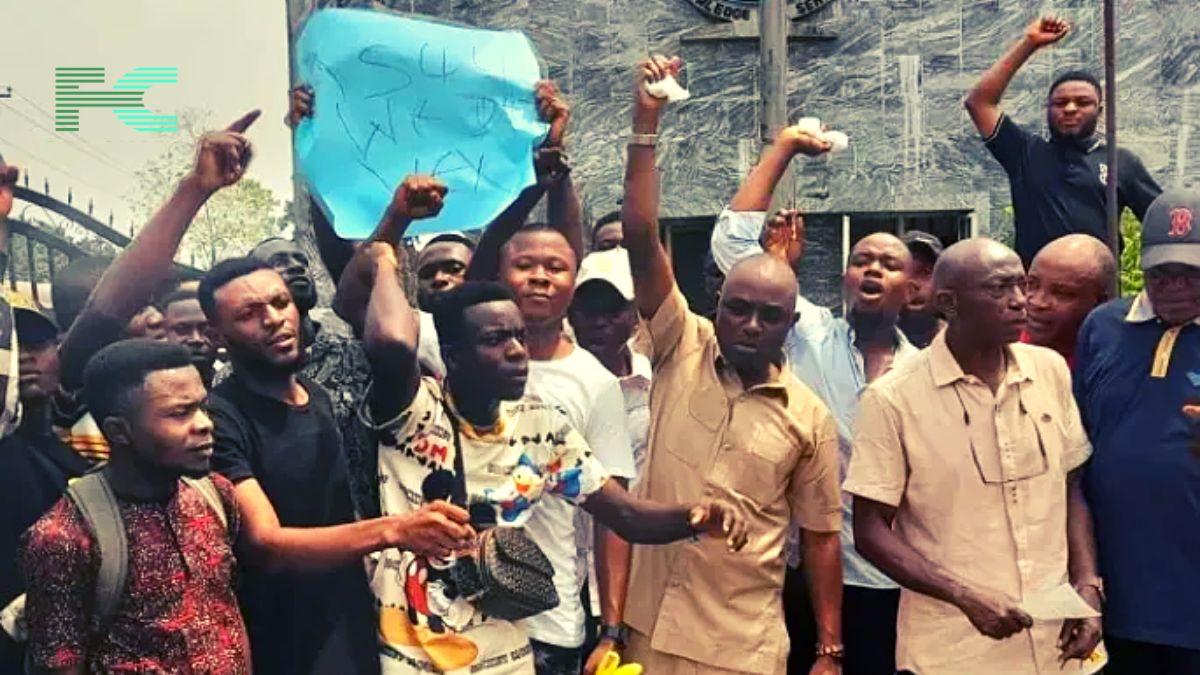The fallout from the Charlie Kirk assassination has proven the complete breakdown of political trust in America. The immediate response from leaders and institutions across the country, from lockdowns at historically black colleges to canceled events by figures on both the left and right, reveals a profound, shared fear. It shows that political discourse has become so dangerously polarized that the physical safety of public figures and the general public can no longer be guaranteed.
The widespread security measures taken in the wake of the Charlie Kirk assassination underscore a terrifying reality. President Trump’s security detail changed the location of his 9/11 speech, and the Secret Service implemented increased law enforcement at Yankee Stadium.
Meanwhile, lawmakers like Alexandria Ocasio-Cortez and Ben Shapiro canceled events, and Republican Congresswoman Nancy Mace vowed to start carrying a firearm. The most alarming incidents were the bomb threats made to the DNC headquarters and a series of anonymous threats targeting historically black colleges and universities (HBCUs).

These threats forced institutions like Southern University and Hampton University to lock down their campuses, a chilling echo of a past where HBCUs were frequent targets of racial violence. This shows that the current environment of political hostility created a ripple effect of threats that extended far beyond a single political figure.
Why It Matters
As the authorities are working to find the suspect, the nation must address the deeper crisis of political violence. Relying solely on law enforcement and private security is not a sustainable solution.
The first and most crucial step to take is a public de-escalation of rhetoric by political leaders across the spectrum. Every time a figure like Hakeem Jeffries points to “hateful extremism” or others on the right blame the left for the assassination, they are pouring gasoline on an already raging fire. It’s time for leaders to choose their words carefully and denounce all forms of violence unequivocally.
Furthermore, there is now an utmost need to create a national, bipartisan framework for event security for public figures who are not elected officials. While presidents and senators have protection, political influencers and activists are often left to their own devices, despite commanding massive audiences.
Finally, Americans must invest in mental health services and community programs that address the underlying anger and alienation driving this violence. The current cycle of fear and retribution will continue until Americans choose to replace inflammatory rhetoric with dialogue and work to rebuild a culture of mutual respect which has been severely eroded.

















